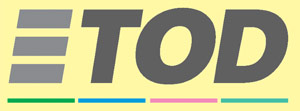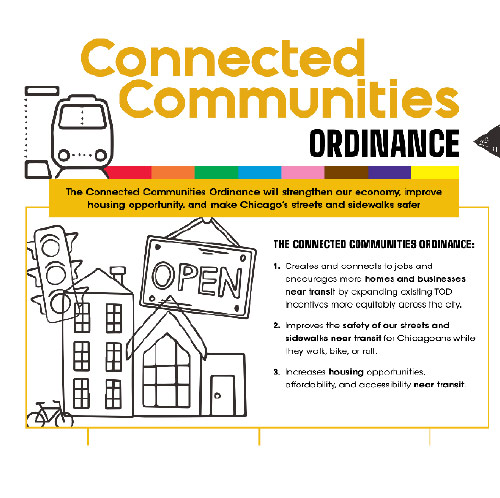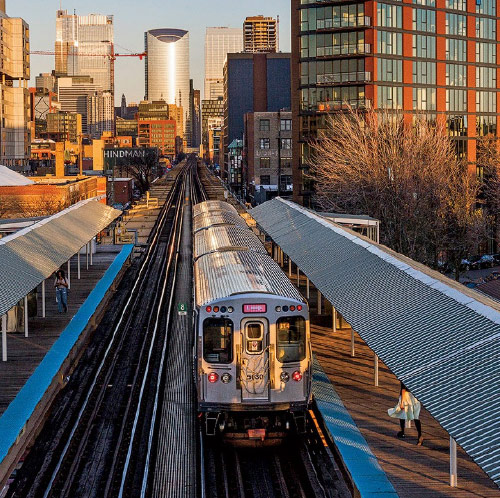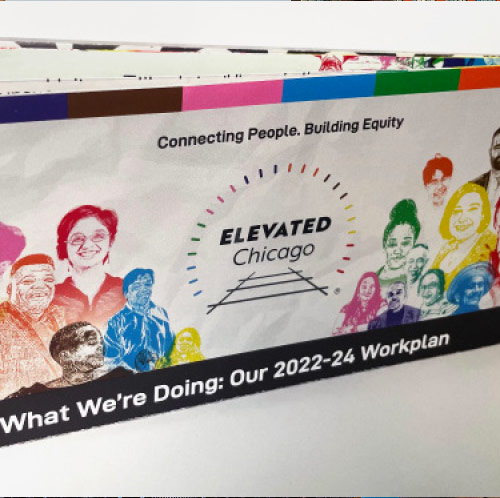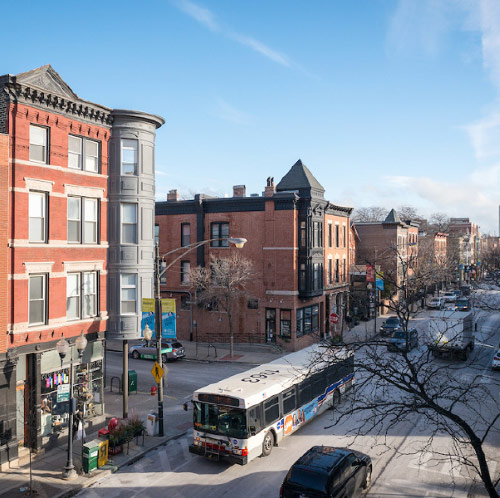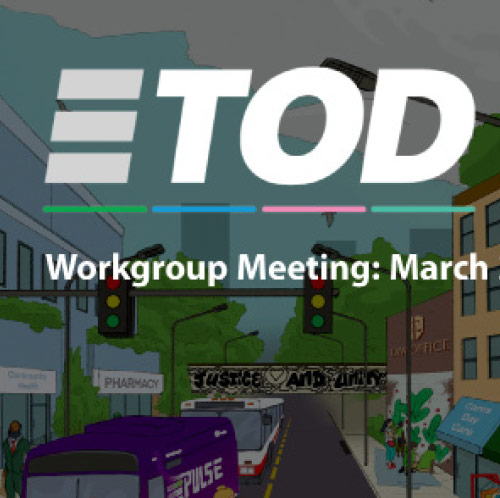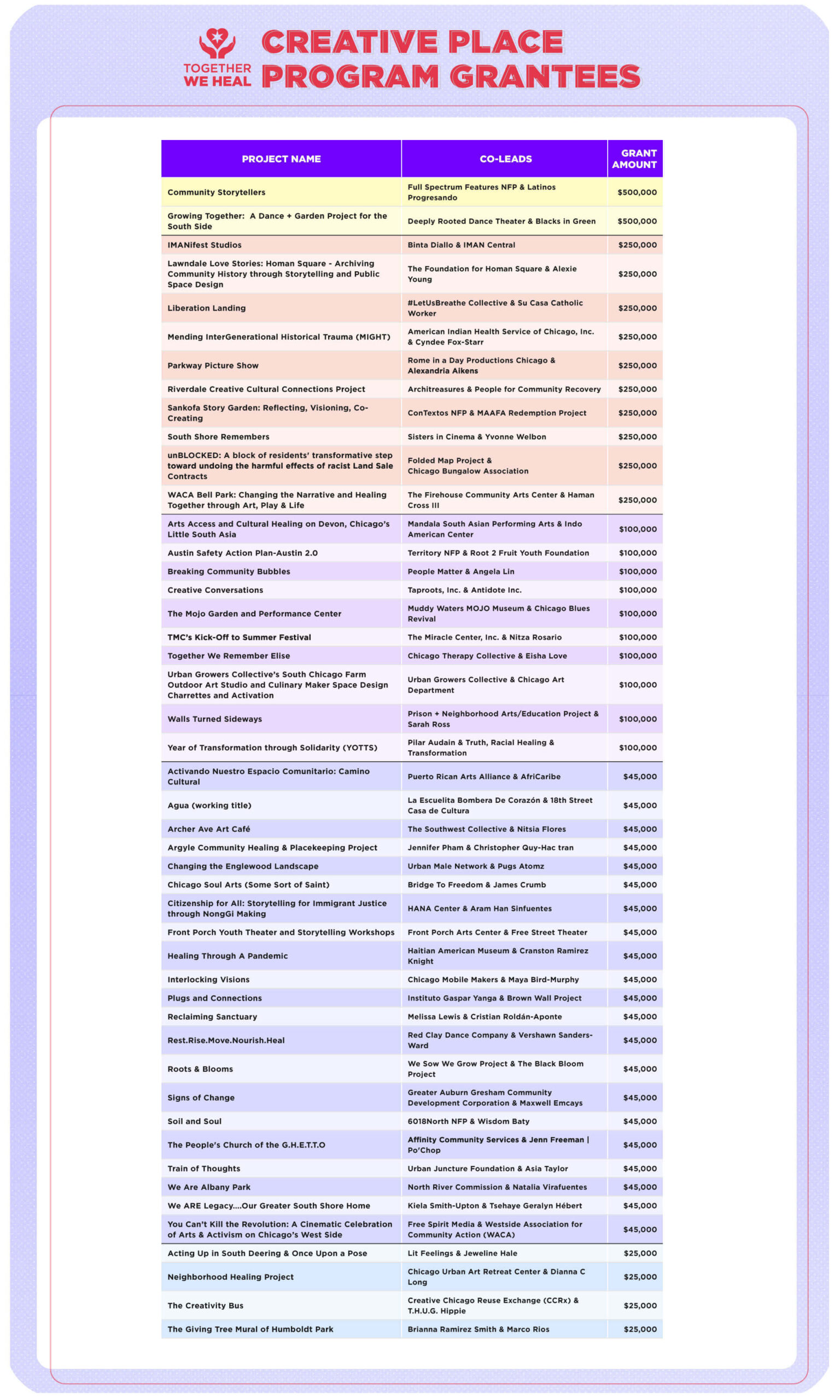Title: Community Safety Coordination Center and the Culture Committee
Policy Area: Transportation, Neighborhood Planning & Development, Housing, Environment & Climate, Public Health
Team Members: Elevated Chicago, Mayor’s Office Policy, OERJ, CDPH, ETOD Working Group
Problem Statement
From 2016 to 2019, ninety percent of Transit Oriented Development (TOD) investments occurred downtown or in Chicago’s North/Northwest areas. Communities on the West and South Sides of Chicago, where Black, Latinx, Indigenous, and Asian individuals primarily reside, saw few TOD investments, furthering the City’s decades-long history of disinvestment and the by-products that come along with it.
Reflection Questions
- How can Chicago start to address the scars in the auto-centered design and segregated built environment of our City?
- How can ETOD policy advance health and racial equity in Chicago?
- What would it look like to center equity and communities in transit-oriented development?
- How can we promote community-led, people-centered development connected to transit?
Quick Story
Reflect on our Past
City staff and working group members analyzed eligible geographic areas that received at least one TOD project between 2016-2019 and those that did not. The analysis revealed disparities in TOD investments – almost ninety percent of TOD investments occurred downtown and in Chicago’s North/Northwest sides.
Reclaim our Present
The City collaborated with Elevated Chicago, a community-based coalition at the forefront of this work, to form a cross-sector working group to develop an Equitable Transit-Oriented Development (ETOD) Policy Plan. The ETOD Working Group established new values, priorities, and policy recommendations, which were incorporated into the overall plan. The City also co-designed an ETOD pilot program to fund community driven ETOD projects and conducted the City’s first Health & Racial Impact Assessment.
Reimagine our Future
After two years of deep collaboration with city departments, city agencies, and community-based organizations, the City passed the Connected Communities Ordinance. It promotes development that will help residents live more conveniently, affordably, and sustainably while spurring economic development across the city, making it one of the largest reforms to the Chicago zoning code in decades. In addition, the City announced a $10 million ETOD grant program to support the implementation of the ETOD Policy Plan and the Connected Communities Ordinance.
